NEW YORK CITY – Full time, non-tenure track faculty at New York University have voted by an overwhelming margin (553 to 72, or 89.5%) in favor of joining Contract Faculty United – UAW (CFU-UAW), according to ballots tallied Wednesday night by the American Arbitration Association. CFU-UAW will represent nearly 1,000 Contract Faculty across NYU.
“With participation from nearly 67% of the unit, this is a resounding vote for our union,” said Ahmed Ansari, Industry Assistant Professor in Technology, Culture and Society at Tandon School of Engineering. “Our work powers NYU’s educational mission—but too many of us face unpredictable salaries that routinely shortchange women and people of color. We look forward to negotiating a strong first contract that allows us to live in New York City, protects our job security and academic freedom, and makes NYU an equitable place to work. Our working conditions are our students’ learning conditions, and we are excited to bargain as equals with the university administration to make progress on these issues and more.”
“UAW workers in higher education are standing up and winning major improvements all across the United States, raising the standards for all academic workers,” said UAW President Shawn Fain. ”We applaud NYU contract faculty for taking this major step towards winning the pay, benefits and respect they deserve, and we’ve got their back.”
“We are excited to welcome NYU contract faculty into the growing UAW family,” said Brandon Mancilla, Director of UAW Region 9A, which includes New York City, New England and Puerto Rico. “After a long fight and a historic election victory, contract faculty can now look forward to bargaining a strong first union contract.”
NYU Contract Faculty join more than 100,000 academic workers across the United States who are represented by the UAW. In the last five years alone over 40,000 academic workers around the country have chosen to become part of the UAW, including nearly 15,000 from the east coast area.
Learn more at NYUContractFacultyUnion.org





UAW Workers at Challenge Manufacturing Win Major Wage Gains, Tentative Deal Reached After Workers Stood Up to Company Rhetoric
UAW Region 8 Director Tim Smith Statement on Texas Redistricting Power Play
Dozens of NY Elected Officials Sign Letters in Support of Striking UAW Legal Services